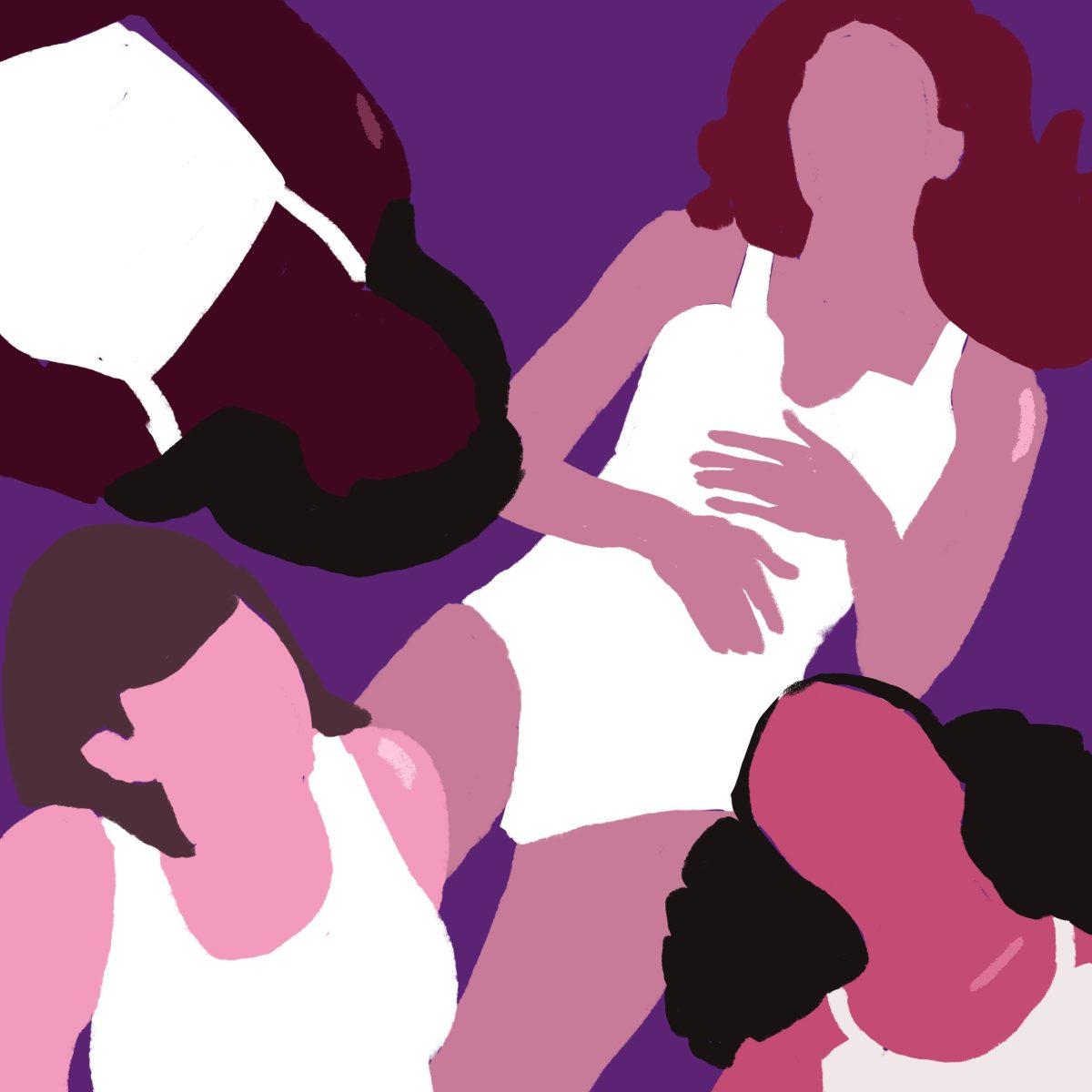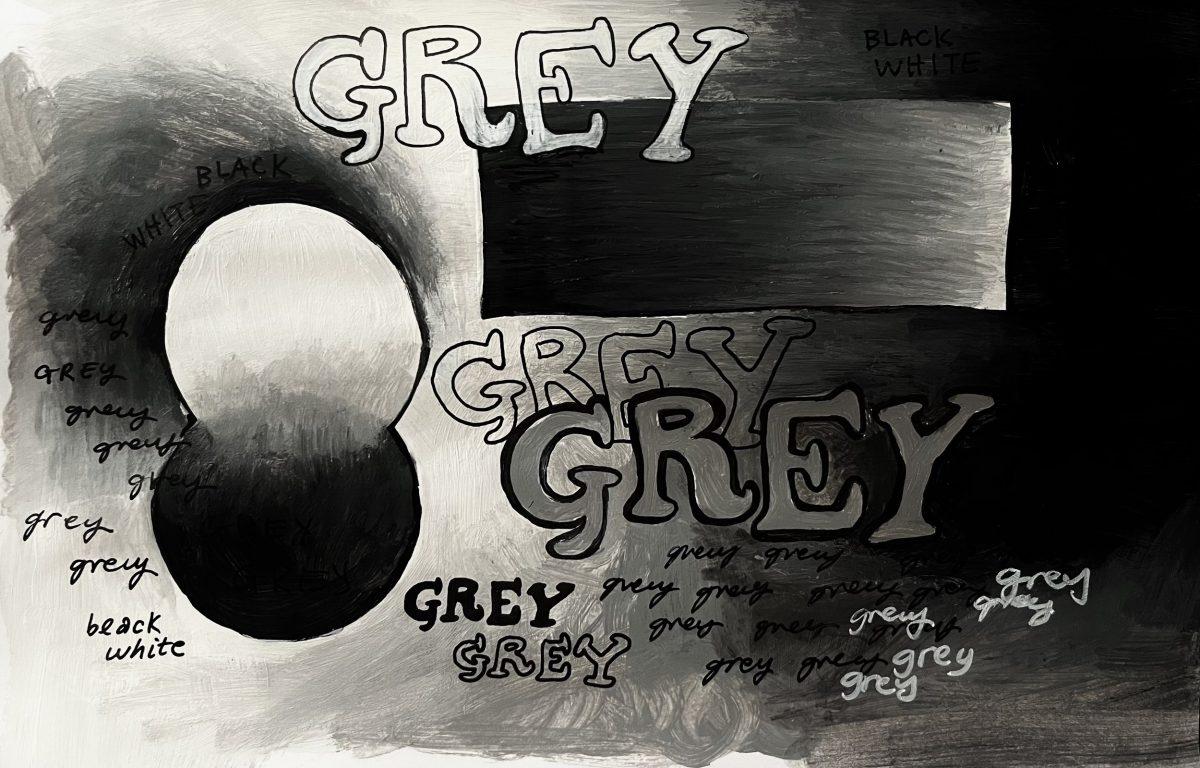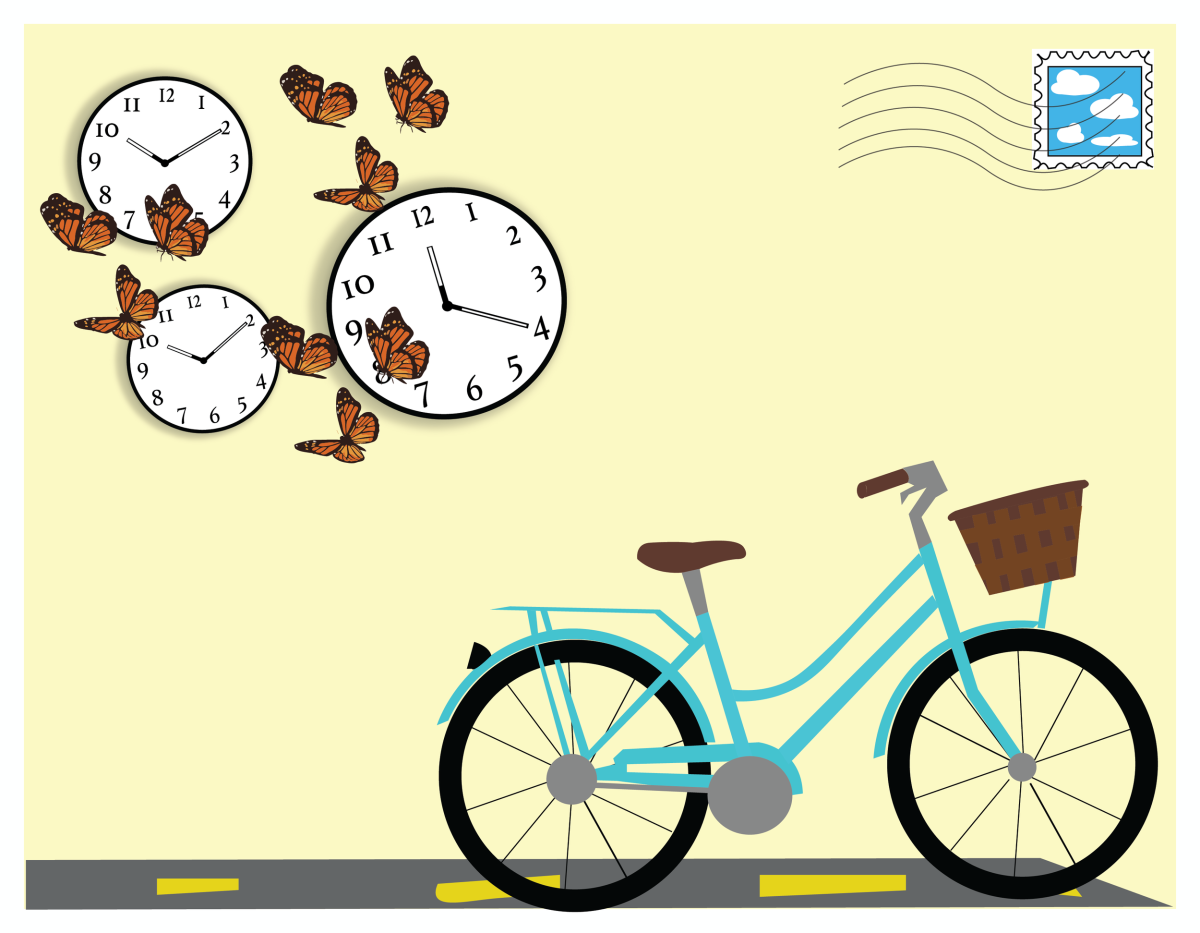Story by Sarah Xu // @sarahxu21 // she/her
Design by Andrea Naranjo // @andreaa_naranjo // she/her
For the first 19 years of my life, I was so adamant on the saying “new city, new you”. I truly wanted, and needed, to believe in instant transformation. The promise of leaving home and becoming a healthier and happier version of myself was the only thing that got me through the last seven years of grade school. Then finally at the end of my freshman year of college, I moved to Austin to begin my sophomore year at The University of Texas at Austin. Upon moving here, I was determined that the difference of 221 miles was the physical and mental escape I needed from my hometown and all of the trauma that comes with it. At the same time, my sister was making a move from Austin to New York to start the career she’s dreamed of since a child. While both starting a life in cities we’ve been yearning and working towards for years, within three months, we would experience new lows and begin to question every choice that led us here.
Looking back at the beginning of my move to Austin, it has become glaring how much I neglected the real reason why I felt running away from home could be the solution to my problems. The first month and a half at UT was the time of my life. Everything that I wanted was here, from my classes on campus to solo living, the parties and newfound social life, and the choice to have choice. However, in October, I got a rude awakening. Consistently waking up in a depressive state I hadn’t felt since high school, I found not even the plethora of aesthetic coffee shops or the beauty of Lake Austin could cure it.
Here’s something very easy to forget: you bring your issues wherever you go, in whatever you do, and the longer you choose to ignore that, the worse the consequences will be. Whether it’s distractions or a new lifestyle, the mental health issues and deep-rooted problems that existed pre-move are still present, wallowing deep beneath the surface, waiting for something to light it’s spark and open the floodgates to every emotion, thought, and habit you tried so hard to suppress.
Depressing? It is. What was even harder to come to terms with was understanding that a change of scenery does not cure the existential crises and inevitable self-development, or lack thereof, that one must go through to grow. And while I was struggling with why my life didn’t feel or look like I had imagined, and grappling with the distinction between what problems could or could not be solved by distance, my 23 year old sister called me with her own quarter-life crisis. Her career and lifestyle was not what she had imagined in her head for her entire life in New York. No change had come to fruition and she didn’t know what to do because the move was so expensive and ultimately, unfulfilling.
You know what I told her?
“You didn’t move just so you can change zip codes.”
And while I was spewing surprisingly helpful advice to my older sister, I realized this was my moment to take my own advice – for once. As a kid with an intense amount of emotional, physical, and mental challenges, a new place seemed like a new life. A life without these internal and external battles, out of sight out of mind as they say. But maturing is realizing a new place just allows you to have the opportunities and space to do the work you couldn’t before. A new life doesn’t appear out of nowhere, like when you were a child dreaming of this picture-perfect adult life you assumed would come with time. When I wake up every morning, I’m still in the same body and mind I’ve had for 20 years, with all the same memories and trauma and desires.
There’s no hard reset button to life, and as many have said before, there’s no reward without risk. I have to battle the demons that followed me from Frisco to Austin, and my sister has to build a career that holds the joy she’s looking for that started in Austin and ends in New York City. There’s only one definitive change when you move, your zip code, which on a grandeur scale affects nothing on what makes you, you. The change that matters only comes from seeking the innate desire to change from the inside out rather than the outside in.













































Isabella • Jul 21, 2022 at 10:42 pm
Thank you for sharing this beautifully written piece. I am moving to California next month for College & I have been struggling with anxiety since I can remember. I know that when I move, I will still need to work on keeping it under control & reach out for help when I need it. A change in place can bring some amazing new opportunities, friendships, and possibilities, but I agree, that ultimately all your problems won’t just go away. You still need to put in the work to face some of those challenges.